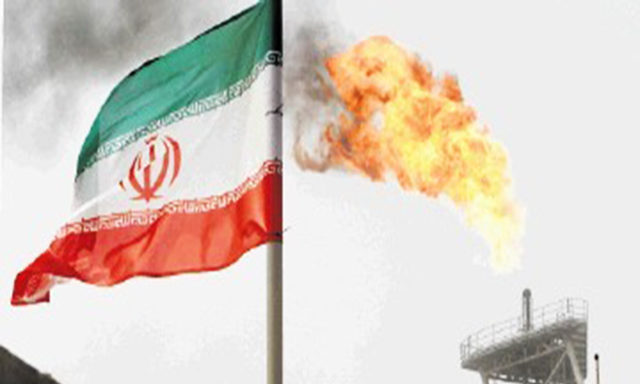
Iran will attend talks with fellow OPEC members and Russia in Qatar next month without joining their proposal to freeze crude oil production, according to a person familiar with the nation’s policy.
Oil Minister Bijan Namdar Zanganeh will attend the discussions in Doha on April 17, said the person, who asked not to be identified as the talks are private.
Iran will maintain its policy of regaining market share lost during years of sanctions so won’t accept limits on its output, the person said. Most OPEC members, including Saudi Arabia, have said they will go to the meeting.
“By attending the freeze meeting, and yet still being able to say they managed to escape the freeze, Iran earns some brownie points with its domestic audience,” said Olivier Jakob, managing director at consultant Petromatrix in Zug, Switzerland.
The proposal to cap production will help global markets gradually re-balance as rising demand whittles away a surplus, according to Saudi Arabia’s Oil Minister Ali al-Naimi.
Brent crude, the international benchmark, has risen about 40 percent from 12-year low of $27.10 a barrel in January. Zanganeh dismissed any freeze agreement that would apply to Iran as “ridiculous” because the nation aims to revive production after nuclear sanctions were lifted in January.
Iran’s attendance means all 13 members of the Organization of Petroleum Exporting Countries except Libya are scheduled to take part in the freeze talks.
While an initial accord in February between Saudi Arabia, Qatar, Russia and Venezuela to cap production at January levels helped revive oil prices, analysts including Commerzbank AG say a freeze would have little impact even if more nations join, because most aren’t on track to increase output anyway.
Non-OPEC oil producers Argentina and Brazil don’t plan to join the talks.
The Gulf-based OPEC members’ readiness to abide by any commitment to freeze may soon be tested as Saudi Arabia and Kuwait plan to restart their shared Khafji oilfield. Production at Khafji, halted since October 2014 because of environmental concerns, will soon resume in “small quantities,” Kuwaiti state news agency Kuna reported, citing acting Oil Minister Anas al- Saleh.
Restarting Khafji means the countries will need to reduce output somewhere else in order to keep their output steady, said Petromatrix’s Jakob.